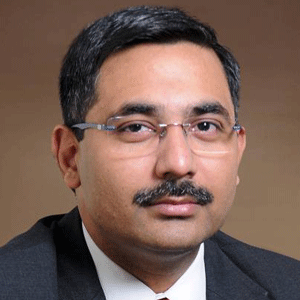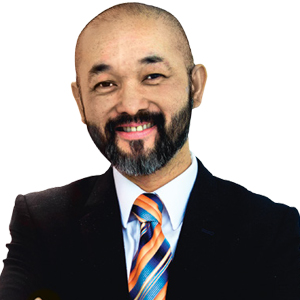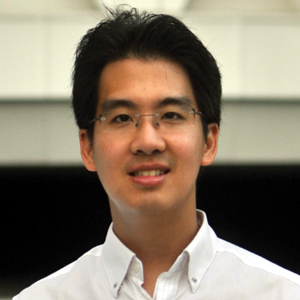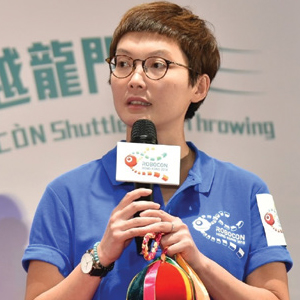THANK YOU FOR SUBSCRIBING

Healthcare's Brave New World of Change
Darrin Hackett, Executive Director of Virtual Care and Innovation, Waikato District Health Board, New Zealand

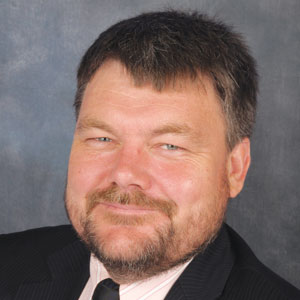
Darrin Hackett, Executive Director of Virtual Care and Innovation, Waikato District Health Board, New Zealand
Let me take you on a little journey of what lies ahead for you and me and our Healthcare in the next 15 years.
In this time, our joint futures in the developed world will see in the 2020/30s that we will get to approximately 25 percent of our population over the age of 65. This will stay that way until the 2060’s which means the death rate will increase significantly from today's rate, the inverse of the baby boomer birth rate from 1945 to 1964.
At the same time, some 30 to 50 percent of our primary care doctors will retire or go onto significantly reduced hours (we are not training enough doctors to replace them all, just in case you're wondering). Also, approximately a third of our senior medical officers (specialists) and senior nurses will also retire.
We will also see an exponential increase in health cost as medical advances in pharmaceutical and medical interventional procedures continue to increase the ability for us to live longer and treat diseases. We will see longer lives with unfortunately accompanying longer periods of chronic illness that require higher levels of care and support as we age.
Though you might find this depressing, it is through a call to action and innovation, not despair, so that we create our future that has good standards of care at costs we can afford.
To achieve this future, we need to apply the knowledge of how change has quickly been done in other industries, as compared to Healthcare. As we do this, we need to trust professionals in other disciplines and not try to prove out every piece of knowledge as a unique thing for Healthcare.
Let me illustrate : If you are old enough to remember passbooks for your bank account, you will likely remember the issue of getting money out if you travelled out of your home locality. You would have to wait at the unfamiliar branch you tried to redraw your money from, whilst they called your home branch and get someone who knows you to verify you. Relationship banking that was centred on the needs of the bank being paramount. Then there was the amazing technology deployed called the fax machine. This allowed you to have a copy of signature sent to your home branch and matched by someone who did not know you (well for a price of course). A step towards customer-centered practice.
Today you never need to visit a branch and the bank comes to you virtually or by mobile bankers. Technology in banking has, over the last 40 odd years, maximized the customer experience rather than the provider (banks) experience.
This fundamental shift in focus in banking now has to happen in Healthcare in 5, not 40 years. This must also happen in an industry that is based on reductionist’s science and is risk averse with a very incremental evidence-based change approach because it really can be a matter of life and death.
The Ethos Of Enjoying The Positive Digital Disruption Opportunity That Ict Practitioners Bring Has To Now Be Imbibed Into The Ethos Of Change In Healthcare
So what can the hard-won wisdom of how change is done using ICT in other sectors bring to the healthcare sector?
There are 3 key themes that can be applied.
• Methodologies are your friend
• Innovation in people, process, technology, and funding works. Every increasing budgets or austerity does not
• Fast failure is the key to success
Methodologies
Dry dusty methodologies that are grown from hard won experience do work and will serve you well. Kotter’s eight step process, Lewis unfreeze and freeze, agile focus on key customer impact, and other change paradigms will give you the surety of practice whilst navigating the reality of a change-resistant world.
You will need to modify them to suit, for example we see Lewis as more moving icebergs in a river of change. This is where we unfreeze just enough to reposition the icebergs of current practice and then start again to unfreeze some more.
Health must take the wisdom from other industries that have done this change over decades as it creates the innovation it needs over the next few years. There is no substitute for the rigors of methodologies when you are challenging the core of how you work.
Innovation in the domains of people, process, technology, and funding does work. Every increasing budgets or austerity does not. This is not a politic statement just a reality of how human work. If you simply keep adding more money to the current way of working then you simply entrench it. Austerity is false savings where you slowly remove any ability to change and simply petrify the current way of working until you get to the point you have to destroy it to change it.
Innovation, in the 4 key domains, gives you the opportunity to create change that brings benefit to the whole of what you are doing. To be clear innovation must be a significant positive change that is sustainable and affects all domains, not a technology or policy that simply incrementally changes. Working with that as your standard for innovation drives you back to have solid methodologies to manage change across all 4 domains.
If you look at the order what you see is first people (the why), process (the how), technology (the what), funding (the incentive/payback). When you work with change, this is the order that delivers time and time again. Too often we see the order applied as technology (what), funding (incentive/payback), process (how) people (why). This just leads to resistance as the fundamental change enabler (people) feel like and are an afterthought.
Fast Failure is the Key to Success
The ability to create a way to fail fast safely is the gift of ICT to health care delivery. This is due to the fact that ICT is in many ways a subculture unto itself, where 85 percent of what occurs is the same industry segment to industry segment. This allows the wisdom that has been learnt in transportation to be transferred to health care with a filter of the 15 percent of specialized area knowledge.
The learning of how to do change and the pitfalls that are inherent with it can be learned not by repeating them but by observing other industries. Fast failure is the ability to run the ruler of disaster from elsewhere over what you are doing and see and address issues before they arise or are inevitable.
This for HealthCare delivery means there is an evidence base of effective change that is applicable even though the medium for learning change was getting the supply chain for 24 wheeler trucks working 7 days a week. Being humble enough to learn from the experiences of other industries is the key challenge for health care to achieve in 5 years what banking did in 40 years.
ICT embodies, enhances and breathes change; it is the lifeblood of what ICT is about. The ethos of enjoying the positive digital disruption opportunity that ICT practitioners bring has to now be imbibed into the ethos of change in HealthCare.
There needs to be quite a journey of innovation ahead for HealthCare that we will all be part of that journey as consumers of the care that is created.
Check out: Top Artificial Intelligence Solution Companies



